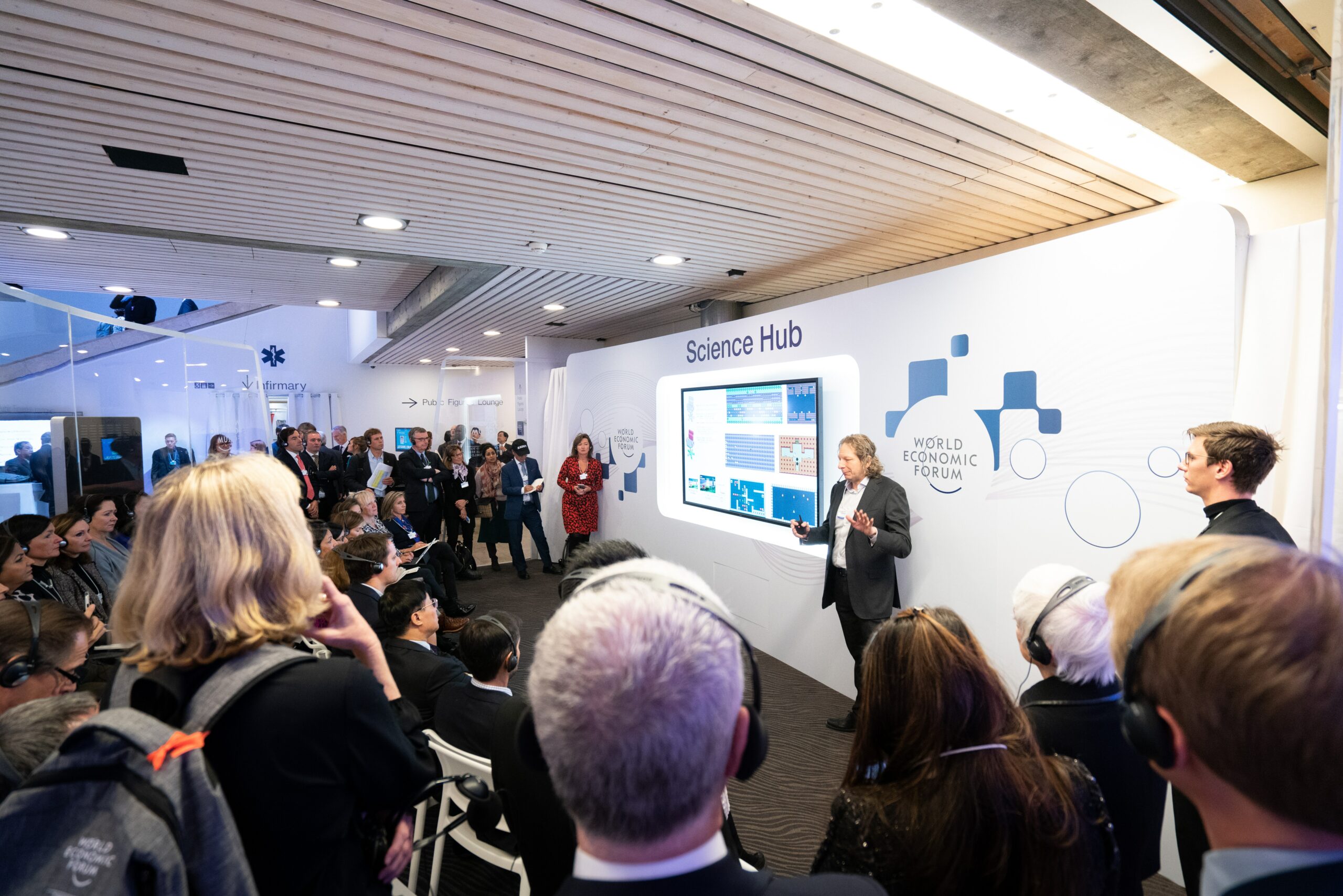The world is in transition, and event industry professionals are asking questions. Does event size matter? Many events are seeing the fall of pandemic safety regulations. Does this mean large events are back?
In today’s episode, Thuy leads the Brew Crew in a conversation about event size. While Nick, Will, and Thuy mostly agree that their preference that small events are better, they also explore the benefits of going big. Tune in and find out what the Brew Crew has to say about event size in 2022 and beyond.
Does Event Size Matter?
Thuy introduces today’s topic. “We’re talking about size and if it matters,” she says. “This is a conversation I feel I have more coming out of the pandemic. Many companies ended up going more intimate and small because of regulations and safety concerns. Now we’re seeing more big conferences with more attendees. I want to know, Will and Nick, small or large events? Where do you stand?”
Will is on team ‘it depends.’ “As a vendor, I love large events because they have big budgets, and there’s a lot of scale that allows you to do some cool, unique stuff,” he explains. “Small events can be incredible, but there’s almost a threshold. If you don’t put any effort into it at all, I’m not going to have a good time. I’ll have the classic Brandt answer; it depends.”
Nick joins team Brandt and believes it depends. “What I see with large-scale events are a bunch of capitulations that are made in order to appease the masses. Often, the goal is a large event or increasing ticket sales. The goal isn’t to create the best event,” says Nick.
Nick continues: “If you can have the best event, and that’s your goal, then that’s the right place to be. For instance, an IT summit says, ‘What if we added this stuff, and all of a sudden we can get marketers too?’ Well, you’ve just watered down what your goal is. So my real answer is I like smaller events mostly because they can be extremely niche for me. I’d rather go to more than one event around topics that are more specific,” he concludes.
Thuy also leans towards small events. For her, small events allow for more genuine and personal connections. “When I think about it, I think of it from a social media standpoint,” she says. “I can have more reach when announcing something on social media where genuine true connections are more one-on-one. As an attendee, you don’t want to feel like I’m just another number.”
 Large Events: What are the Benefits, and Who is the Audience?
Large Events: What are the Benefits, and Who is the Audience?
The Brew Crew seems to lean toward small events. As a result, Nick wants to push the envelope a bit and explore the benefits of larger events.
“I want to be a devil’s advocate on this,” says Nick. “I feel we’re so unified in this idea that intimate niche events create a lot of attendee value. We should explore what larger events can do for us. Not only are big events popular, I think institutions are looking for a maximum number of impressions. For instance, San Diego ComicCon. Sponsors are looking to make a big splash within a broad spectrum of people and use it as a kind of R&D to determine if their products are commercially viable and at what scale.”
Will thinks that’s a great point. “There are some cases where having more people equals more impressions,” he says. “One of the big challenges with San Diego ComicCon is the lack of housing. I wonder if deciding to do it twice a year and spreading out their audiences solves the housing issue. But, then, you don’t get the one-time reach.”
Nick continues playing devil’s advocate and points the group to another example of an industry rallying around one major event. “When people publish things in the events industry, they publish it around IMEX. That’s a small industry compared to motion pictures or television, and it still uses that lightning rod for impression style metrics.”
“I feel like there are so many opportunities that you end up missing out when it comes to large events. I feel large events are like the Cheesecake Factory menu,” explains Thuy. “When we talk about IMEX, we even announced our podcast during IMEX. I see the benefits of that, and if I had to choose one conference the whole year, that would be the one I would choose because there are so many opportunities there. It’s just how you can utilize it.”
 Risk and Sustainability in Event Size
Risk and Sustainability in Event Size
As Will pointed out earlier, large events typically come with large budgets, but with larger budgets come higher risk. “I feel like the risk is lower with small events. For example, if we can find a way to test out hybrid or this new RFID technology, your risk of doing it is so low. Much lower than investing all your chips into one thing,” says Will. “So that’s one way to think about smaller rather than larger events. You have this ability to risk things a little bit easier than when all your chips are in one basket.”
Nick agrees that investing too much into a large event can be bad. He also believes it’s simply not sustainable for the people running them. “The stress factor on planners is exacerbated by putting all their eggs in one basket, that their event passes or fails and their whole year depends on that. Probably the reason people are scared of risk is that failure can be so absolute,” says Nick. “If failure is divided by six, it wouldn’t be failure anymore.”
“Could we make our lives more sustainable by making all our events smaller?” continues Nick. “Think about the decompression that takes place after an annual event. People are fried and almost always take a week or two off after. That’s not sustainable behavior. So another element besides profitability, scale, and experience design is, what’s good for us?”
The Brew Crew feels the industry must find a way to balance financial and personal investments in events. Are you all about the smaller, more intimate events? Or are you team big? Contact us!








